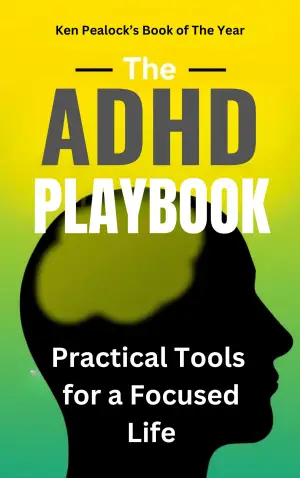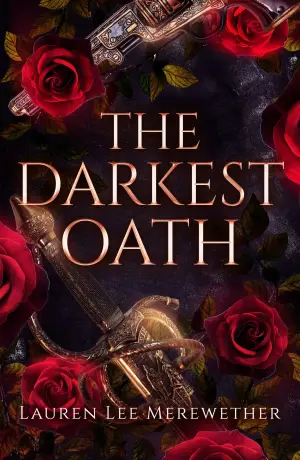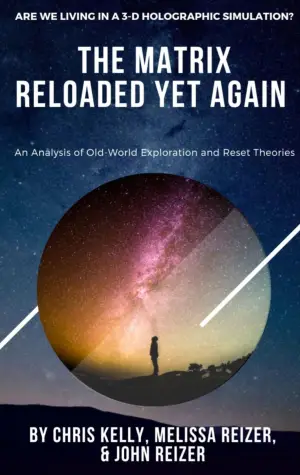Book Review: Moi les hommes, je les déteste by Pauline Harmange
From the very moment I caught wind of Moi les hommes, je les déteste by Pauline Harmange, I felt an irresistible pull. The provocative title translated as “Me, I Hate Men” stirred up a whirlwind of curiosity and concern within me. In an age where discussions around gender and power dynamics are crucial, a book that openly claims to despise an entire gender is bound to provoke thought, and a few eye-rolls, too.
Harmange’s work dives deep into the sea of radical feminism, skillfully navigating the waters of misandry and the complexities of societal constructs around gender. Central to her narrative is a raw, unabashed expression of disdain for men, which she claims stems from personal and systemic experiences of misogyny. However, what struck me most was the inherent hypocrisy that seems to saturate her arguments. As she claims to shun men, she also admits to having married one, leading to a puzzling dichotomy of love and loathing. This contradiction had me reflecting on the ways in which we all can stumble into the trap of holding stark, oversimplified views of complex human relationships.
Harmange wields language with a sharp tongue, often veering into the territory of heavy hyperbole that at times strips her arguments of nuance. The tone oscillates between sardonic humor and fervent indignation, yet the lack of substantial evidence or statistical backing for her claims leaves the reader grasping for solid ground. Phrases like “I think…” or “In my opinion…” pepper her writing, reinforcing a subjective experience rather than an objective analysis. As a reader, I found myself wading through a blend of relatable anecdotes and extreme generalizations, which left me questioning the accuracy behind her vehement assertions.
Her exploration of gender dynamics felt like a rallying cry at times, with lines like “All men are violent, egoistic, and cowardly,” echoing within my mind long after I closed the book. Yet, resistant to such sweeping generalizations, I couldn’t help but reflect on the undeniable truth that stereotypes often fail to capture the vibrant tapestry of humanity. It’s an engaging read for those craving a bold exploration of feminist discourse, but it may alienate those who appreciate nuanced dialogue.
As for stylistic elements, Harmange’s prose is undeniably engaging, breeding a lively back-and-forth with the reader. Her candidness is refreshing, even if it borders on the absurd at times. I found myself chuckling at her absurdities while grappling with the underlying weight of her arguments.
Ultimately, Moi les hommes, je les déteste will resonate with readers who enjoy provocative, if not contentious, reflections on gender issues. It urges us to confront the biases entrenched in both radical feminism and patriarchal systems. For anyone with an openness to challenge their perspectives, or simply seeking a dose of fiery dialogue, this book could serve as a poignant companion.
For me, this reading experience was both discomforting and liberating, driving home the importance of engaging with all sides of a polarized conversation. If nothing else, it reminded me of the power language holds—to unite, divide, or prompt deep introspection. Whether you agree or vehemently oppose Harmange’s views, there’s no doubt this book will awaken something within you, and perhaps even lead to your own riveting debates and reflections.
Discover more about Moi les hommes, je les déteste on GoodReads >>














